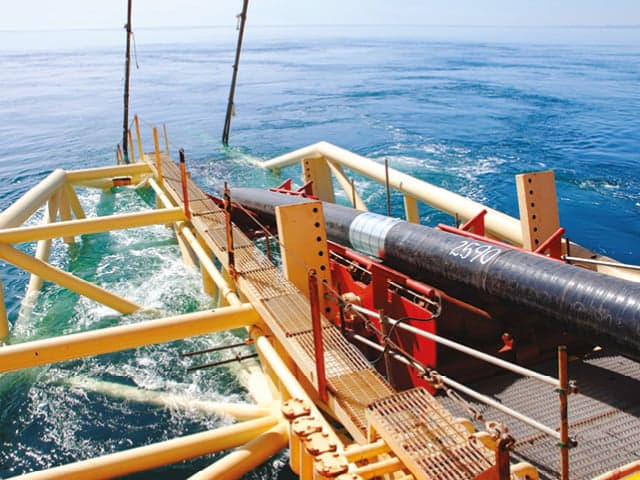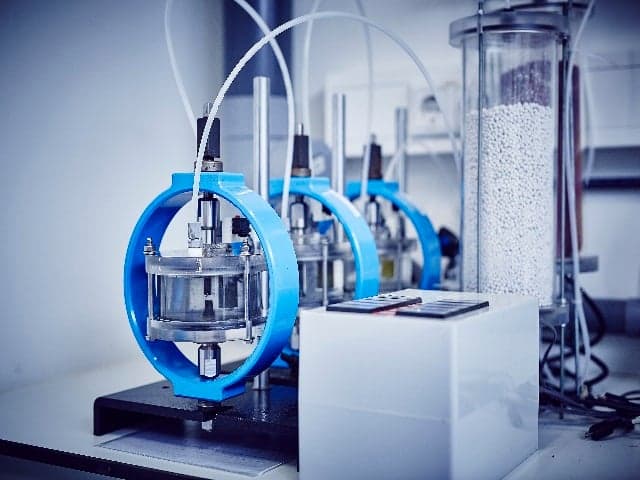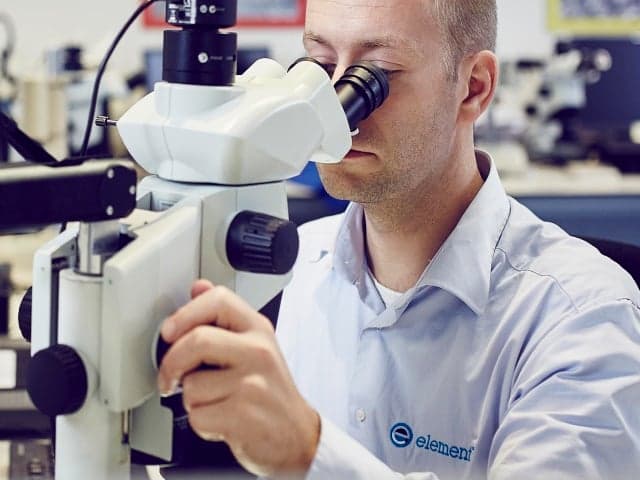Contamination Testing
Protect your products and processes from costly contamination issues with comprehensive testing solutions that identify, characterize, and prevent impurities. Our expert team helps you maintain performance, meet regulatory requirements, and prevent equipment damage through state-of-the-art contamination testing services backed by multidisciplinary expertise across aerospace, oil & gas, and transportation sectors.

What is contamination testing at Element?
Contamination testing identifies toxic and nontoxic impurities that can compromise material and product performance. At Element, we provide comprehensive contamination identification and prevention services through state-of-the-art laboratories staffed by experienced scientists.

What can Element offer you for contamination testing?
Key tests offered
Key tests offered
Our chemists, engineers, biologists and scientists understand that contamination identification needs are unique, and our labs are ready to help with simple or complex matrices. Our testing capabilities include:
- Organic chloride content determination
- Heavy metals detection
- Oil contamination analysis
- Foreign chemical identification
- Filler quality assessment
- Benzene contamination testing
Components and materials we test
Components and materials we test
We test a wide range of materials including metals, oils, paints and consumer products across multiple industries. Our expertise spans from simple to complex matrices, ensuring comprehensive contamination identification for any material type.
Methods and solutions offered
Methods and solutions offered
Our comprehensive approach combines contamination identification with source determination and prevention strategies. By integrating contamination testing with broader investigative chemistry and materials testing services, we support everything from routine quality control to complex failure analysis projects, ensuring complete product integrity and regulatory compliance.
Integrated testing solutions
Integrated testing solutions
We go beyond standalone contamination testing to provide comprehensive materials analysis. By combining contamination testing with failure analysis, corrosion testing, and investigative chemistry, we deliver complete solutions that address all aspects of your materials testing needs. This integrated approach ensures you get the full picture of your materials' performance and quality.
Standards we test to and materials we test
Our experts can test to a range of national and international Contamination Test requirements, including:
- ASTM International - ASTM A380, ASTM B600, ASTM G93
- General Motors Worldwide - GMW3259
- International Standards Organization - ISO 16232, ISO 8501
- RoHS Restriction of Hazardous Substances Directive - CPSIA of 2008/CPSC
- Crude oil
- Industrial materials
- Paints and coatings
- Consumer products
- Personal care products
Your Challenges, Our Solutions
Performance at Risk
Regulatory Compliance Burden
Equipment Damage Concerns
Quality Control Challenges
Element Experts at your service
Why Choose Element

Multidisciplinary Expertise
Industry-Specific Knowledge
Comprehensive Testing Solutions
Prevention-Focused Approach
Frequently asked questions
What types of contaminants can you identify?
Our labs identify metals, heavy metals, oils, foreign chemicals, and low-quality fillers across various product types.
How do you ensure regulatory compliance?
We test to multiple international standards including ASTM, ISO, RoHS, and CPSIA requirements.

Explore our global network of labs and find your nearest location
VIEW ALL LOCATIONSRelated services

Energy Coatings Testing Services
Protect your critical energy assets with Element's specialized coatings testing. We simulate extreme offshore and pipeline conditions to validate performance, prevent costly failures, and ensure compliance. Learn More.

Corrosion Testing Services
Learn about our range of ISO/IEC 17025-accredited corrosion testing services. Safeguard your assets, ensure reliability, qualify welds, assess materials and enhance safety.

Metallurgical Testing Services
Expert metallurgical testing services to verify material integrity and prevent failures. Our accredited laboratories deliver precise analysis of metal microstructures, properties, and defects with expedited options. Ensure product reliability and compliance with industry standards.

Chemical Analysis Services
Element’s chemical analysis services provide accurate material verification, compliance testing, and contamination detection. Our advanced methods deliver reliable insights for product development, quality control, and regulatory standards.

Residue Analysis Services
Element's residue analysis service identifies unknown stains, residues, and corrosion using advanced techniques, delivering precise data to support material performance, safety, and compliance decisions.

Failure Analysis Services
Need expert Failure Analysis Services? Identify root causes fast with Element's advanced testing, global reach, and rapid turnaround. Get expert insights today.


